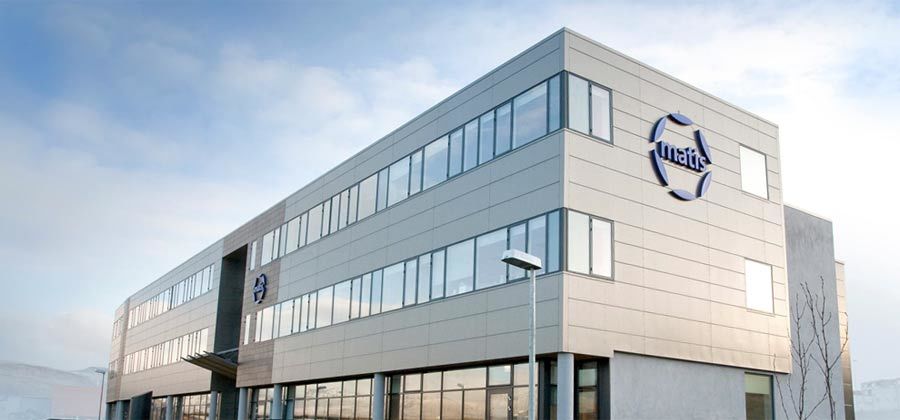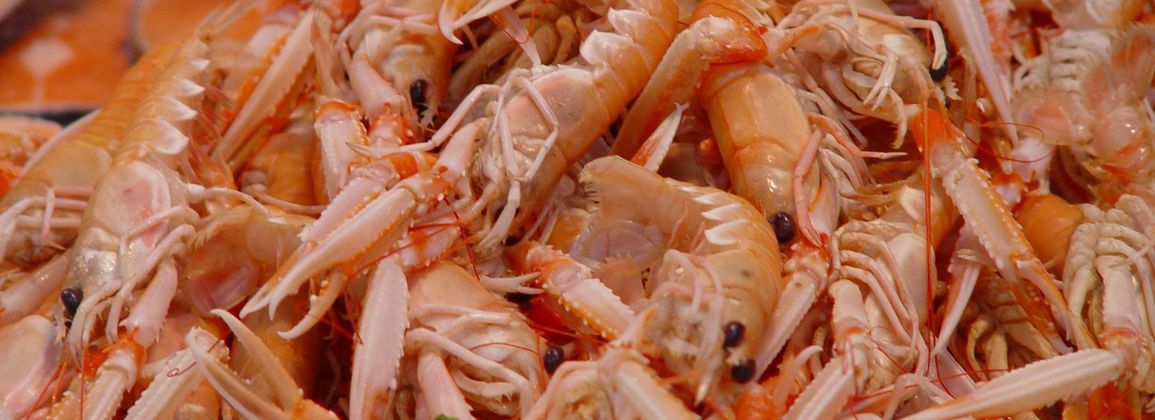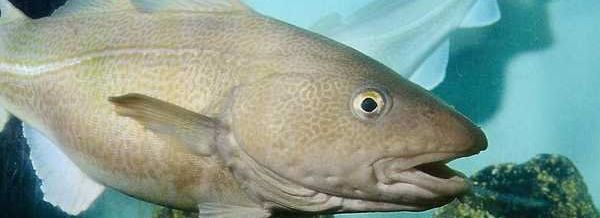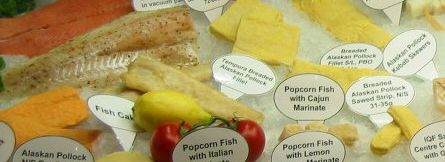Matís' project manager position in the Westman Islands is vacant
Matís ohf. auglýsir eftir verkefnastjóra í Vestmannaeyjum. Hlutverk verkefnistjórans er að stjórna og vinna að verkefnum á vegum Matís ohf. […]
Matís' project manager position in the Westman Islands is vacant Nánar »




